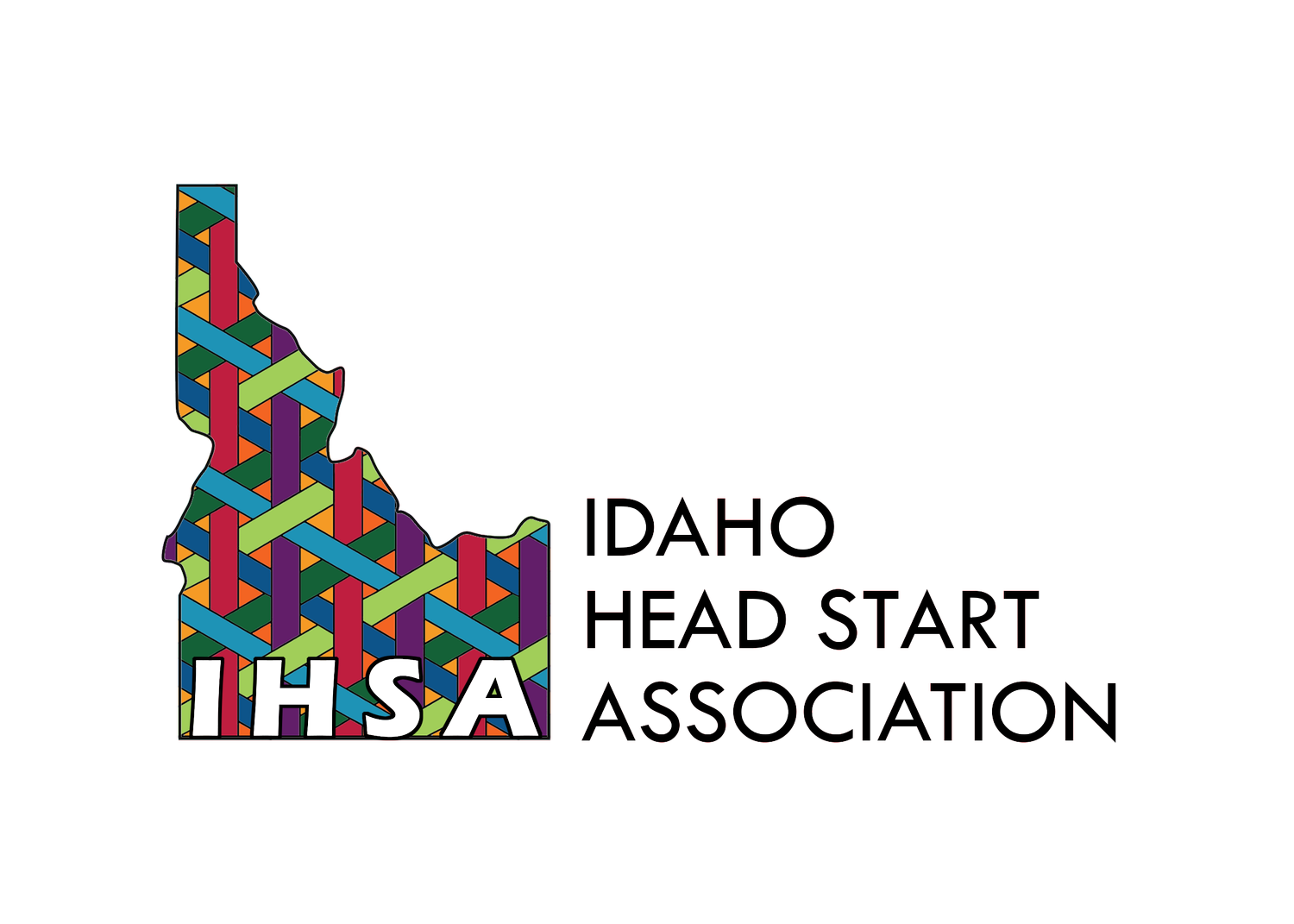EARLY LEARNING FACTS
Early Childhood Education: Quality and Access Pay Off
By James J. Heckman | The Heckman Equation
December 2, 2015
Professor Heckman’s comprehensive new study, Early Childhood Education, addresses two important issues in the debate over early childhood education programs: are they effective and should they be subsidized by the government. Heckman and co-authors Sneha Elango, Jorge Luis García and Andrés Hojman, find that disadvantaged children benefit the most from a variety of early childhood interventions and society receives a higher return from targeted investments. As a result, policy makers would be wise to use means-testing rather than universal subsidies for all children.
A Brief Review of the Evidence on Early Childhood Education∗
Center for the Economics of Human Development | The University of Chicago
This document is intended to summarize the findings in Elango et al. (2015). It reviews the strongest recent evidence on Early Education Programs (EEPs) and de- scribes the difficulties in analyzing these programs. In the Overview, we distill the major findings on early education from the Economics literature. We then present some of the major sources of evidence, distinguishing between evidence provided by studies of Head Start, demonstration programs (e.g. the Carolina Abecedarian Project and the Perry Preschool Project), and Universal Programs. Finally, we discuss the difficulties in evaluating a one of the major EEPs in the U.S., Head Start.
What is Social and Emotional Learning?
By CASEL: Collaborative for Academic, Social, and Emotional Learning
Social and emotional learning (SEL) is the process through which children and adults acquire and effectively apply the knowledge, attitudes, and skills necessary to understand and manage emotions, set and achieve positive goals, feel and show empathy for others, establish and maintain positive relationships, and make responsible decisions.
EARLY CHILDHOOD SPENDING BENEFITS DON'T FADE AWAY, NC STUDY FINDS
By Amy Dominello Braun
North Carolina’s investment in early child care and education programs resulted in higher test scores, less grade retention and fewer special education placements through fifth grade, research from the Duke Center for Child and Family Policy finds.
The research, published online Nov. 17 in Child Development, looked at more than 1 million North Carolina public school students born between 1988 and 2000. Researchers asked whether the state’s Smart Start and More at Four programs provided long-lasting benefits for children, or if previously seen positive results diminished by the end of elementary school.
The researchers found the programs’ benefits did not fade with time, as in some early childhood intervention programs. Instead, the positive effects grew or held steady over the years.
